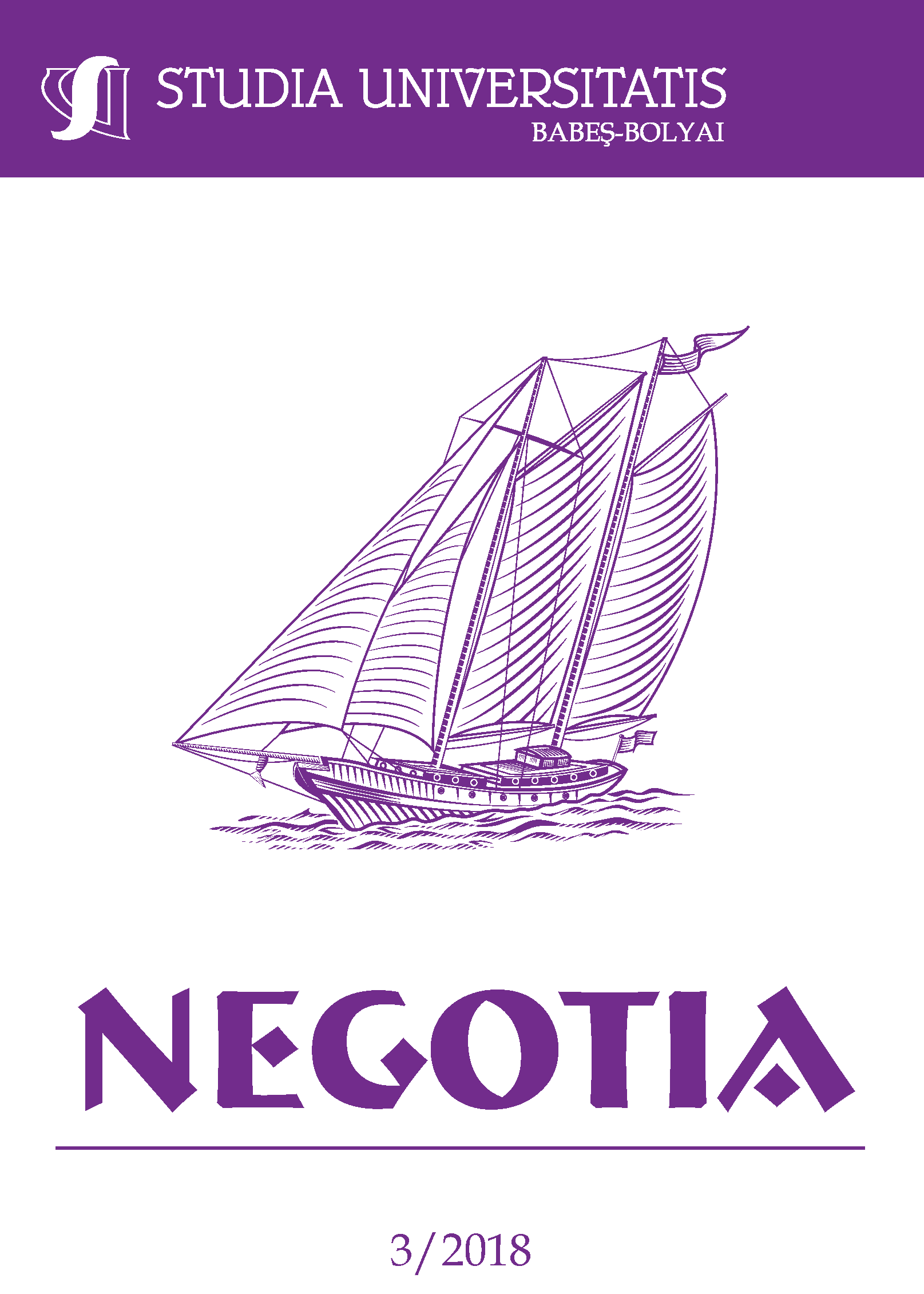THE LOCALS’ OPINIONS AND THE DEVELOPMENT OF SUSTAINABLE TOURISM IN RODNA COMMUNE
DOI:
https://doi.org/10.24193/subbnegotia.2018.3.03Keywords:
Rodna commune, locals, sustainable development, tourism, interviews.Abstract
This study refers to sustainability, a much debated concept at global level. Because of the high levels of pollution and limited resources, sustainability has become an international goal. Furthermore, one of the engines for development in emerging economies is, of course, the tourism industry, which is also Romania’s case. Combining these two elements, the authors find that sustainable tourism development is both a long-term goal and a dynamic concept. This concept is represented by three pillars: growing the local economy, protecting and promoting the cultural heritage, and increasing the social well-being. The present paper consists of a case study that focuses on Rodna commune, a beautiful Transylvanian rural settlement, located in Bistrița-Năsăud County. The research methods used are secondary data analysis (based on the study of different statistics, guides, and specialized sites), comparisons, analogies and syntheses, primary qualitative research (based on face-to-face interviews with the locals), and induction and deduction methods, which all aim at identifying: the current position of Rodna commune from the socio-economic point of view, the locals’ opinion related to the sustainable development of the destination’s tourism industry, and also the ways in which this objective can be achieved. The subjects interviewed were selected in order to relevantly cover most of the local population: honor citizens, teachers, priests, doctors and students, each of them representing stakeholders in the development of the tourism industry. The research results show that the locals are aware of the strong connection between the development of tourism and the economic well-being of the commune, they helped identifying the major problems that need to be addressed and solved in order for this process to be efficient but also the fact that they are not yet aware of their role and do not acknowledge the ways in which they can make a difference for themselves and for the commune. The conclusions reveal the current situation of Rodna commune from the subjects’ points of view and their proposals for achieving better living standards. Also, the interviews show the lack of implication caused by the fact that the subjects are neither aware of their stakes, nor of their possibilities to help developing the local tourism.
JEL Classification: L83, Q01, Z32.
References
Cozma, A.-C., & Coroș, M.-M. (2017). Tourism Development in Rodna Mountains National Park: the Public Administration, a Key Stakeholder. Revista de turism - studii și cercetări în turism, 89-94.
Cucculelli, M., & Goffi, G. (2016). Does sustainability enhance tourism destination competitiveness? Evidence from Italian Destinations of Excellence. Journal of Cleaner Production, 370-382.
Istrate, I., Bran, F., & Roșu, A. G. (1996). Economia turismului și mediul înconjurător.
Jauca, D. (2013). Rezervație a biosferei - Prezentare generală. In L. Păiuș, Monografia comunei Rodna Veche (pp. 273-287). Bistrița: Editura Charmides.
National Institute of Statistics. (2019, February 10). TempoOnline Database. București, Romania. Retrieved from http://statistici.insse.ro/shop/.
Păiuș, L. (2013). Monografia comunei Rodna Veche. Bistrița: Editura Charmides.
Primăria Comunei Rodna. (2018). Internal sources. Rodna.
Downloads
Published
How to Cite
Issue
Section
License
Copyright (c) 2018 Studia Universitatis Babeș-Bolyai Negotia

This work is licensed under a Creative Commons Attribution-NonCommercial-NoDerivatives 4.0 International License.






